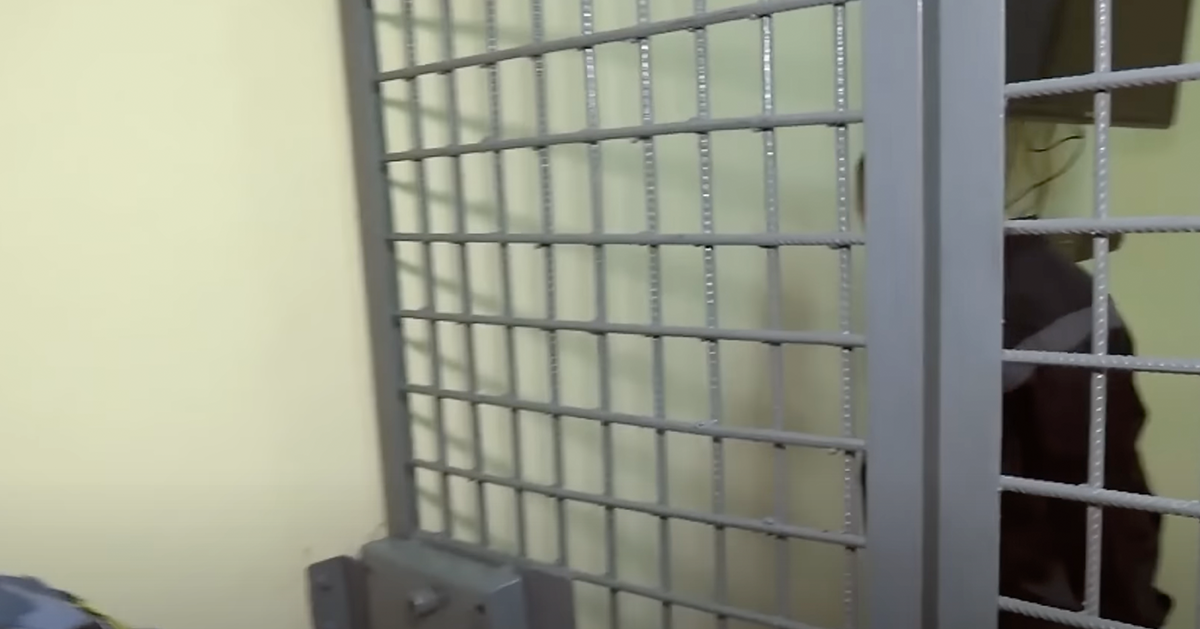Harvey Weinstein's Rape Conviction Overturned by New York Court
New York’s highest court has nullified Harvey Weinstein's 2020 rape conviction, sparking controversy and discussion nationwide.
The reversal of Weinstein's conviction raises significant questions about the legal prosecution of sexual assault, particularly under the spotlight of the #MeToo movement, as the Associated Press reports.
The Court of Appeals in New York issued a decision on Thursday, stating that the original trial included "highly prejudicial" testimony, which should not have been allowed.
This testimony pertained to allegations of prior sexual acts that were not part of the charges against Weinstein.
A Landmark Ruling with Broad Implications
The decision was not unanimous, with a split vote of 4-3 among the judges. Those dissenting expressed concern about the broader implications this ruling might have on how sexual violence is legally addressed in the future.
Weinstein was convicted in New York for sexual assaults that took place in 2006 and 2013 but was acquitted of the most serious charges at that time. Despite this recent overturn in New York, Weinstein remains incarcerated due to another, unrelated rape conviction in Los Angeles in 2022.
Immediate Reactions from Legal Representatives
Jennifer Bonjean, Weinstein's attorney, criticized the impact of the New York conviction on the subsequent California case, highlighting the potential prejudicial effect it had on jurors there.
"A jury was told in California that he was convicted in another state for rape. Turns out he shouldn’t have been convicted and it wasn’t a fair conviction. … It interfered with his presumption of innocence in a significant way in California," Bonjean stated.
Public and Legal Outcry
Arthur Aidala, another lawyer for Weinstein, deemed the appellate ruling as "a tremendous victory for every criminal defendant in the state of New York." This reflects a broader perspective that the ruling could reshape some aspects of criminal defense in the state.
Conversely, Douglas H. Wigdor, an attorney for eight of Weinstein’s accusers, described the decision as "a major step back" and inconsistent with established judicial norms. Debra Katz, representing several other accusers, however, remained optimistic about the ongoing support for victims of sexual assault.
Continued Impact on #MeToo and Beyond
"People continue to come forward, people continue to support other victims who’ve reported sexual assault and violence, and I truly believe there’s no going back from that," Katz said, reinforcing the sentiment that the #MeToo movement has irrevocably changed the landscape.
Actress Ashley Judd, one of the prominent voices in the #MeToo movement, commented on the broader societal implications, saying, "This is what it’s like to be a woman in America, living with male entitlement to our bodies."
Reflections From the Courtroom
Dawn Dunning, who testified as a supporting witness during Weinstein's trial, expressed shock and confusion over the decision, questioning the value of her testimony and its impact.
At a news conference following the ruling, Aidala conveyed Weinstein's personal response: "I’ve been here for years in prison for something I didn’t do. You gotta fix this." This highlights the personal stakes for Weinstein and his perception of the judicial process.
Looking Ahead: Retrial and Reactions
The Manhattan district attorney's office has declared its intention to retry Weinstein in New York, reflecting a commitment to pursue the case despite the appellate decision.
The legal battle and public scrutiny surrounding Weinstein’s trials have underscored the challenges and complexities involved in prosecuting cases of sexual violence, especially those that attract significant media attention and involve high-profile figures.
In conclusion, the reversal of Harvey Weinstein’s rape conviction by New York’s highest court has not only reignited debates over legal standards and practices in sexual assault cases but has also brought renewed attention to the #MeToo movement’s influence on society and the legal system.
The upcoming retrial in New York will be a critical focal point for those following the case and its broader implications.





